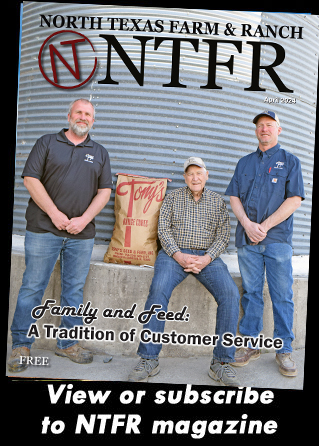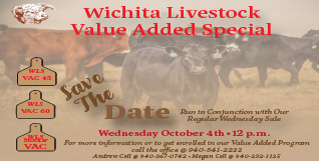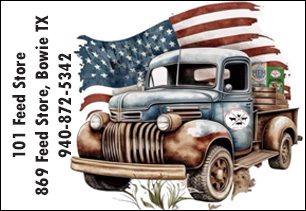Farm & Ranch
Have Coggins? Will travel.
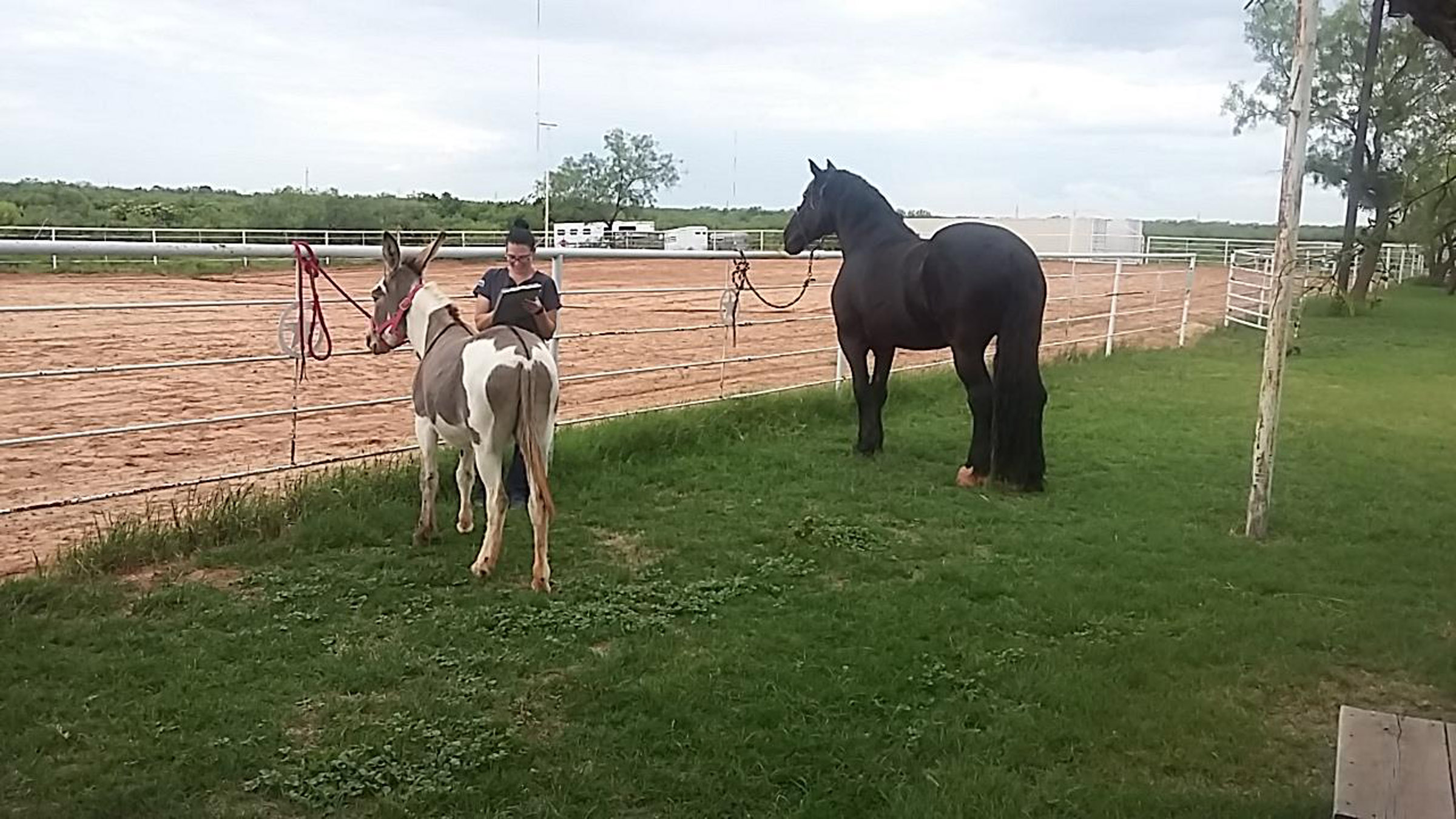
By Jessica Crabtree and Dr. Jered Harlan
What does it mean to have a Coggins?
When stating, “I need a Coggins,” you are actually testing for equine infectious anemia (EIA).
Why is it so important to have a Coggins?
Equine infectious anemia is a viral disease affecting horses and their relatives in the Equidae family including mules, donkeys and zebras. Transmission via blood occurs either by biting insects such as horse flies and deer flies or contaminated objects such as needles.
Can it affect me or any of my other animals?
No. It does not affect other ranch animals or people.
Must I have a Coggins test done?
Yes. Equine Infectious Anemia is a viral disease. There is no vaccine and no cure for it. The majority of horses succumb rapidly to EIA although a percentage of infected horses appear to recover. However, they still harbor the virus and during times of stress may become ill again. It is because of these healthy appearing carriers that we test horses. It insures that we do not put their pasture mates at risk.
How is the disease transmitted?
Researchers have found the disease is spread through horseflies, with large horseflies being the main culprit. When a horsefly bites an infected horse, then bites a healthy horse, the disease has been transmitted and the healthy horse compromised.
For one horse to infect another, they must be relatively close because the virus does not live long in the horse fly. The virus in a horsefly only lasts 15 to 30 minutes. This disease can occur anywhere horseflies inhabit.
To read more pick up a copy of the July 2017 NTFR issue. To subscribe call 940-872-5922.
Farm & Ranch
Hazards of Backyard Poultry
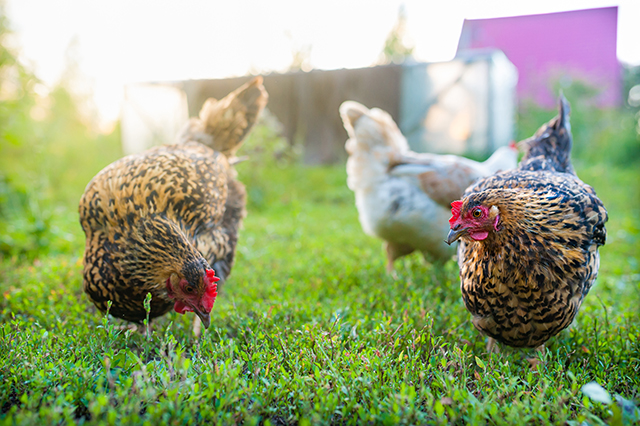
By Barry Whitworth, DVM
Having backyard poultry is a popular agriculture enterprise. According to the United States Department of Agriculture, 0.8 percent of all households in the United States have chickens. People keep chickens for a variety of reasons with table eggs being one of the more common reasons.
Unfortunately, some of these poultry producers are not aware of the hazards that come with keeping poultry because many times they carry pathogens but appear healthy.
Chickens are carriers of several zoonotic diseases. These are diseases that can be passed from animals to humans. According to a recent survey in Pennsylvania, a majority of backyard poultry producers were aware of the dangers of avian influenza. However, this study also revealed that far fewer producers were aware of the risk of possible exposure to Salmonella and Campylobacter.
The lack of knowledge about the hazards of raising poultry likely contributes to the continued issues of Salmonella outbreaks associated with backyard poultry. In 2023, the Centers for Disease Control and Prevention reported 1,072 illnesses of Salmonella linked to backyard poultry, and 272 of those patients required hospitalization. Oklahoma reported 43 individuals with the disease.
To read more, pick up a copy of the April issue of NTFR magazine. To subscribe by mail, call 940-872-5922.
Farm & Ranch
Ag Elsewhere: Wyoming
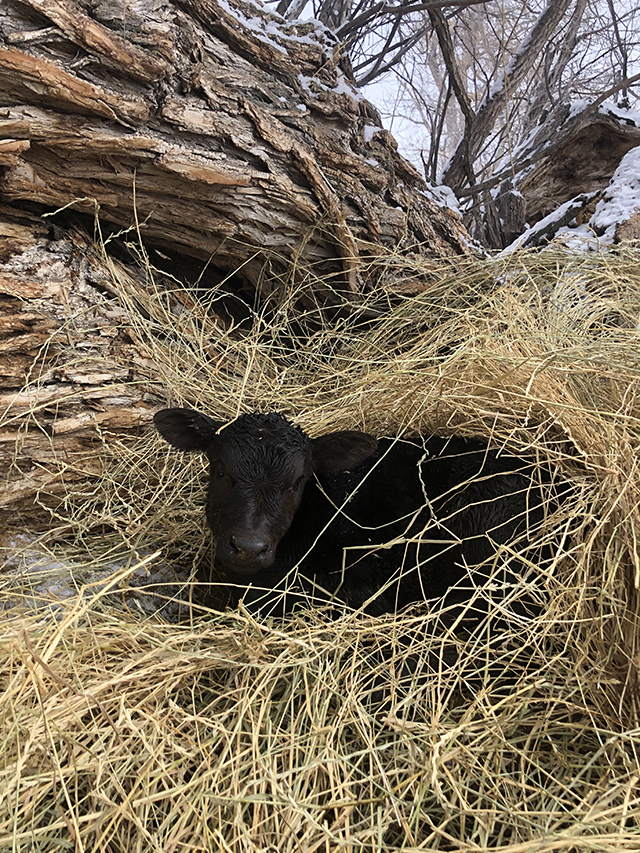
By Tressa Lawrence
Babies are tucked away in every nook and cranny. Many ranchers across Wyoming have baby animals popping up all over this time of year.
Farm & Ranch
Ag Elsewhere: Montana
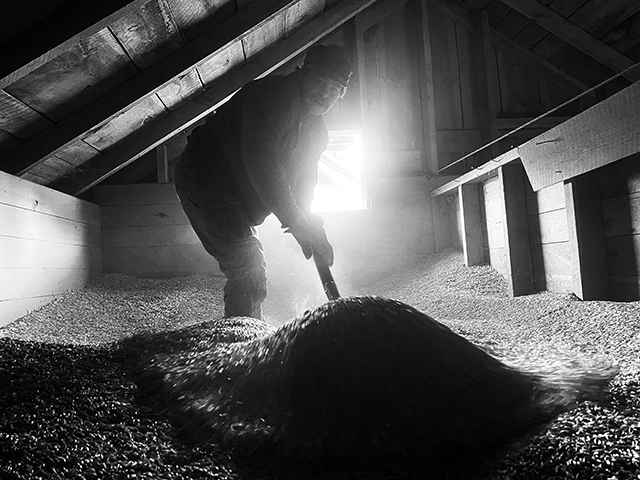
By Lindsey Monk
Another load of grain in to keep feeding the calves until the green grass can really start popping.
-

 Country Lifestyles1 year ago
Country Lifestyles1 year agoScott & Stacey Schumacher: A Growth Mindset
-

 Equine7 months ago
Equine7 months agoThe Will to Win
-

 Country Lifestyles7 years ago
Country Lifestyles7 years agoStyle Your Profile – What your style cowboy hat says about you and new trends in 2017
-

 Country Lifestyles4 years ago
Country Lifestyles4 years agoAmber Crawford, Breakaway Roper
-

 HOME7 years ago
HOME7 years agoGrazing North Texas – Wilman Lovegrass
-

 Country Lifestyles7 years ago
Country Lifestyles7 years agoDecember 2016 Profile, Rusty Riddle – The Riddle Way
-

 Country Lifestyles8 years ago
Country Lifestyles8 years agoJune 2016 Profile – The man behind the mic: Bob Tallman
-

 Outdoor9 years ago
Outdoor9 years agoButtercup or Primrose?

